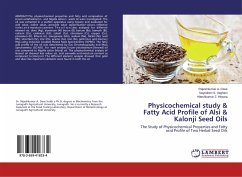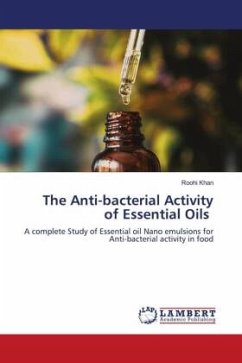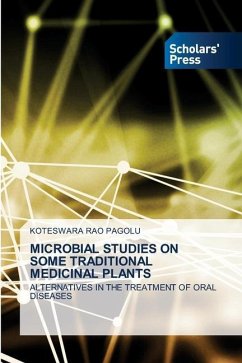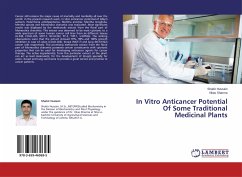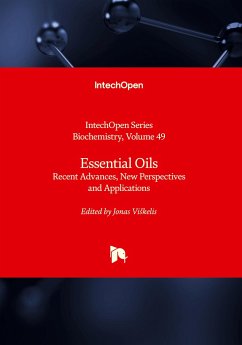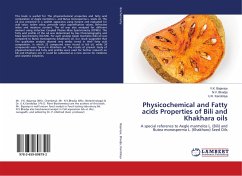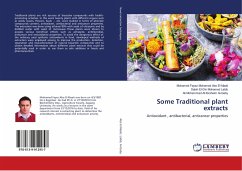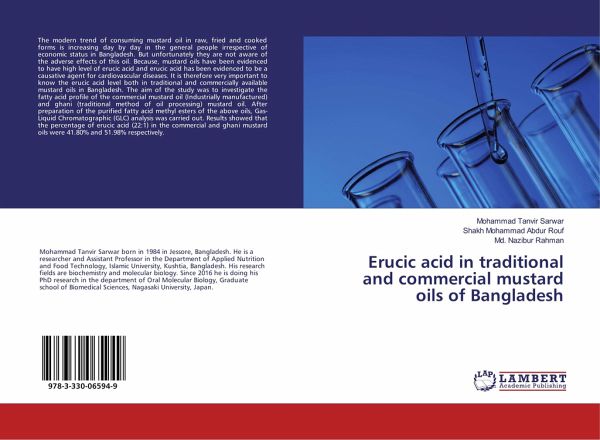
Erucic acid in traditional and commercial mustard oils of Bangladesh
Versandkostenfrei!
Versandfertig in 1-2 Wochen
24,99 €
inkl. MwSt.

PAYBACK Punkte
12 °P sammeln!
The modern trend of consuming mustard oil in raw, fried and cooked forms is increasing day by day in the general people irrespective of economic status in Bangladesh. But unfortunately they are not aware of the adverse effects of this oil. Because, mustard oils have been evidenced to have high level of erucic acid and erucic acid has been evidenced to be a causative agent for cardiovascular diseases. It is therefore very important to know the erucic acid level both in traditional and commercially available mustard oils in Bangladesh. The aim of the study was to investigate the fatty acid profi...
The modern trend of consuming mustard oil in raw, fried and cooked forms is increasing day by day in the general people irrespective of economic status in Bangladesh. But unfortunately they are not aware of the adverse effects of this oil. Because, mustard oils have been evidenced to have high level of erucic acid and erucic acid has been evidenced to be a causative agent for cardiovascular diseases. It is therefore very important to know the erucic acid level both in traditional and commercially available mustard oils in Bangladesh. The aim of the study was to investigate the fatty acid profile of the commercial mustard oil (Industrially manufactured) and ghani (traditional method of oil processing) mustard oil. After preparation of the purified fatty acid methyl esters of the above oils, Gas-Liquid Chromatographic (GLC) analysis was carried out. Results showed that the percentage of erucic acid (22:1) in the commercial and ghani mustard oils were 41.80% and 51.98% respectively.



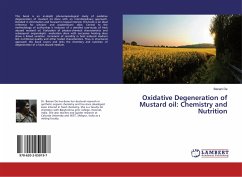
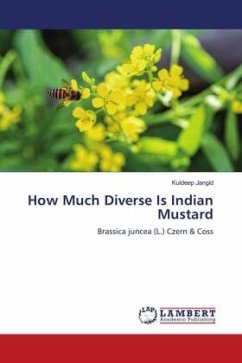
![Biochemical Changes in Mustard [Brassica Juncea (Czern and Coss)] Cover Biochemical Changes in Mustard [Brassica Juncea (Czern and Coss)]](https://bilder.buecher.de/produkte/36/36040/36040405n.jpg)
